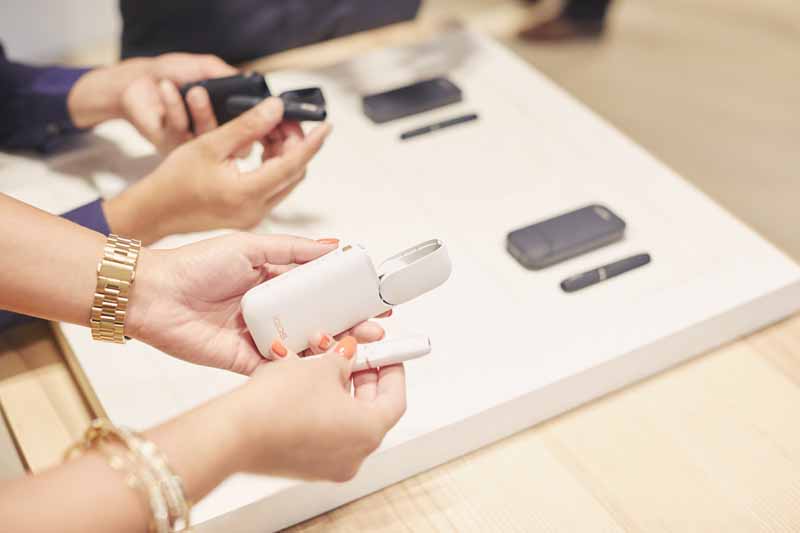More than 230 million packs of heat-not-burn (HNB) sticks were sold in South Korea between January and September, according to a story by Kim Hyun-bin at koreatimes.co.kr citing figures published by the Ministry of Economics and Finance.
This means that HNB sticks have captured more than nine percent of total cigarette sales since Philip Morris launched its IQOS device in May 2017.
The Government is said to be concerned that HNB devices are popular among teenagers and that this popularity is spreading.
According to the Korea Centers for Disease Control and Prevention’s Young Adults’ Health Condition Report, the ‘smoking’ rate among middle to high school students rose to 6.7 percent from 6.4 percent last year.
About 9.4 percent of male students smoked, down from 9.5 percent in 2017, while the smoking rate among female students rose from 3.1 percent to 3.7 percent during the same periods.
Of those male and female students who reported smoking, 43 percent were said to have used HNB devices.
The story quoted ‘experts’ as saying that HNB devices were popular among teenagers as they created less odor than did conventional cigarettes. Most students smoked discreetly because they feared being caught by teachers and parents.
The risks associated with using HNB devices were called into question after the Ministry of Food and Drug Safety released a report stating HNB devices delivered five cancer-causing substances and tar levels in excess of those delivered by combustible cigarettes.
The Ministry announced the results after testing IQOS, British American Tobacco’s glo device and KT&G’s Lil.
Philip Morris is suing the Ministry for declining to provide information on its research methods.
HNB grabs big market share











